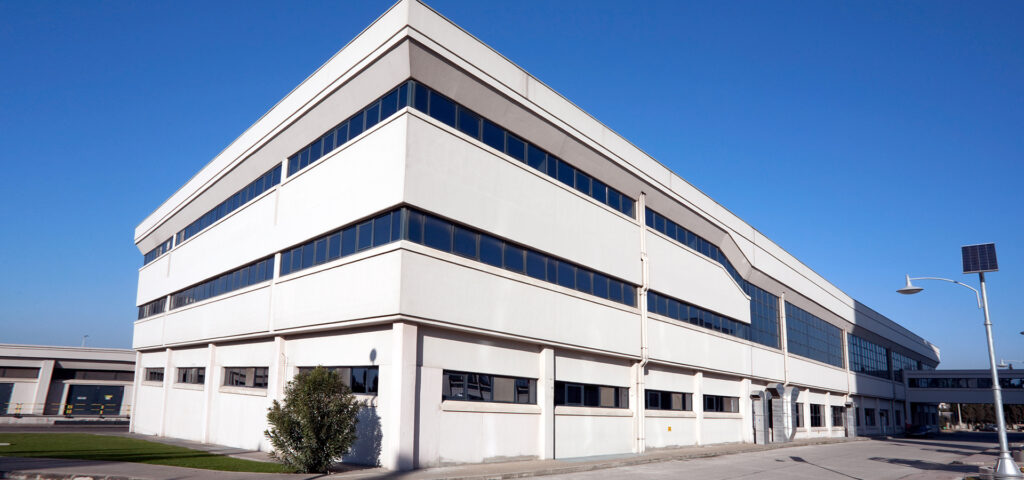Are you still struggling to figure out what to consider when buying a coffee machine, we asked Eric, our Purchasing Manager responsible for retail locations in Europe and the US, to share some insights with you.
Eric:As a purchasing manager responsible for selecting the right coffee maker machines for our retail stores across Europe and North America, I quickly learned that the decision goes far beyond just coffee. You’re choosing a machine that will affect operational efficiency, customer satisfaction, and your long-term cost structure. If you’re like me—tasked with making high-stakes B2B buying decisions—this guide will help you evaluate the right automatic coffee machine for your commercial needs.

1. Define the Business Application
Before diving into specs or brands, I always start with one key question: Where and how will the machine be used?
For example:
- A high-traffic grocery store needs a commercial espresso coffee machine that can handle hundreds of cups a day.
- A boutique hotel might need something quieter and more aesthetic.
- An office chain might prioritize ease of use over variety.
Knowing the usage scenario helps narrow down your search between automatic coffee machines, semi-automatics, and coffee espresso machines tailored for volume or user-friendliness.
2. Brewing Capacity and Consistency
When I was sourcing machines for our flagship retail store, capacity was my top priority. If your machine can’t handle peak demand, it creates long lines, poor service, and ultimately, lost sales.
Look for:
- Brewing capacity in cups/hour
- Boiler size and number of groups (2-group, 3-group, etc.)
- Consistency of output across multiple uses
The best espresso coffee machines now come with PID temperature control and dual boilers to ensure every espresso shot meets the same quality—even during rush hours.
3. Full Automation for Operational Efficiency
Staff turnover and training time are real issues, especially across multiple store locations. That’s why I always prioritize fully automatic coffee machines that simplify operations. With programmable drink options, one-touch milk frothing, and self-cleaning systems, these machines drastically reduce human error.
Some features to consider:
- Touchscreen interface with drink presets
- Adjustable grinder for different bean types
- Auto-cleaning and descaling alerts
- Pre-infusion and brew strength options
These aren’t just convenience features—they’re time and cost savers for large-scale operations.

4. Taste and Grinder Quality
Don’t underestimate how much grinder quality affects your product. A low-quality grind can ruin even the most premium beans.
The machines I now source always have:
- Integrated conical burr grinders
- Adjustable grind settings
- Sealed bean hoppers for freshness
Customers today expect café-quality taste from every cup. A commercial coffee machine that brews a weak or bitter espresso won’t cut it—especially in a competitive coffee culture.
5. Maintenance and Serviceability
In the early days, I made the mistake of choosing a cheaper coffee maker machine model that broke down frequently and required specialized service. That downtime cost us sales—and credibility.
What I now check first:
- Are parts easy to access and replace?
- Is technical support available locally or remotely?
- How often does it need cleaning or descaling?
Many newer coffee espresso machines now come with remote diagnostics and modular designs, making service faster and cheaper.
6. Design and Brand Alignment
Whether it’s a high-end grocery chain or a modern coworking space, the machine needs to look the part. Customers see the machine before they taste the coffee, and appearance plays into perceived quality.
I usually look for machines with:
- Sleek stainless steel or matte black finishes
- Compact designs that fit tight countertops
- Options for front-panel branding or logos
A great-looking espresso coffee machine enhances both your store aesthetic and customer trust.

7. Sustainability and Energy Use
Sustainability is a growing priority for many of our partner stores, especially in the EU. I now factor in:
- Energy-saving modes or timers
- Recyclable materials and packaging
- Smart standby features
A commercial coffee machine that reduces power consumption and aligns with ESG goals gives you a competitive edge in tenders and retail partnerships.
8. Price vs. Lifetime Value
One hard lesson: Don’t chase the lowest price. The total cost of ownership includes maintenance, parts, training, and downtime. In our last rollout, the machine that cost 20% more upfront saved us over $3,000 per location in the first year through fewer breakdowns and faster service times.
Always evaluate:
- Warranty length
- Expected daily output
- Support response time
- Consumable costs (filters, milk tubes, etc.)
Long-term ROI matters more than the purchase price alone.
9. Supplier Reliability and After-Sales Support
A great product without great support is a bad deal. I’ve had machines stuck in customs, no tracking, missing spare parts—all because the supplier wasn’t equipped for B2B scaling.
Now I only work with manufacturers who:
- Specialize in B2B supply
- Have English-speaking service reps
- Provide manuals, training, and videos
- Offer branding and OEM options
Whether you’re sourcing for a retail chain, hotel, or distributor network, supplier stability is a deal-breaker.
10. Field Testing and Sampling
Before placing a large order, I always request a sample unit. Not just for product testing—but to evaluate packaging, delivery timelines, and supplier responsiveness. During testing, I involve actual store staff and get real-world feedback.
My checklist includes:
- Brewing time per drink
- Ease of daily cleaning
- Noise level in open environments
- Customer reaction to taste and presentation
A sample tells you more than any brochure ever could.
Final Thoughts
As someone responsible for buying equipment that directly affects customer satisfaction, operational efficiency, and store performance, I no longer look at coffee machines as just appliances. They’re business tools.
Thanks to Eric for giving this share. If you’re evaluating options across espresso coffee machines, automatic coffee machines, or even commercial espresso coffee machines, prioritize consistency, ease of use, support, and long-term ROI.
The right machine won’t just brew coffee—it’ll help brew success for your entire business.
Looking for a supplier who understands commercial needs?
We partner with reliable factory-backed manufacturers of coffee maker machines with a proven track record in North America and Europe. OEM branding, CE/UL certifications, and fast lead times available.
�� Get in touch to request a catalog or discuss bulk pricing.

